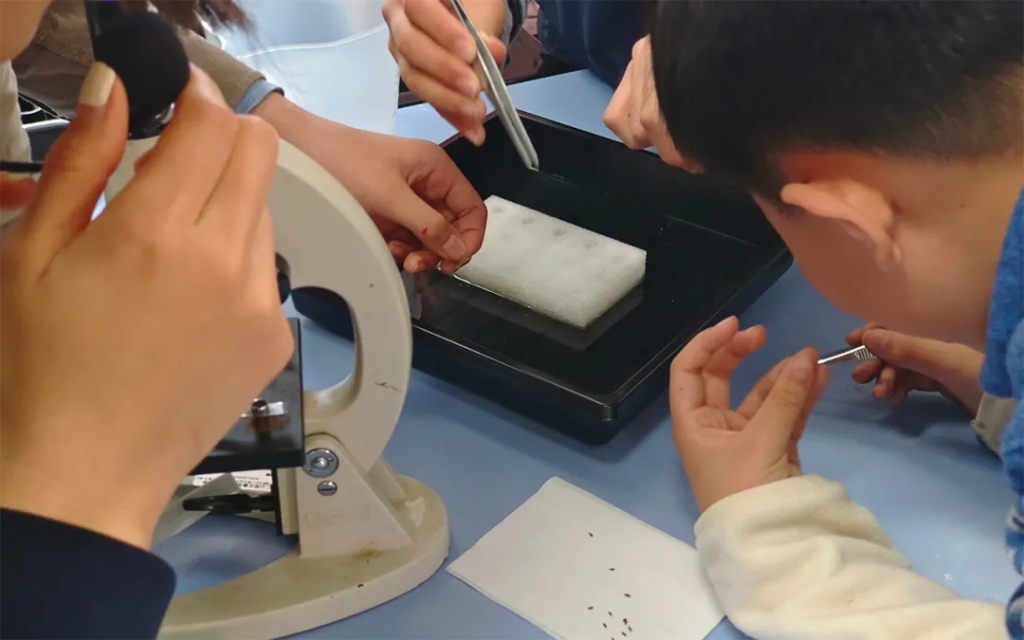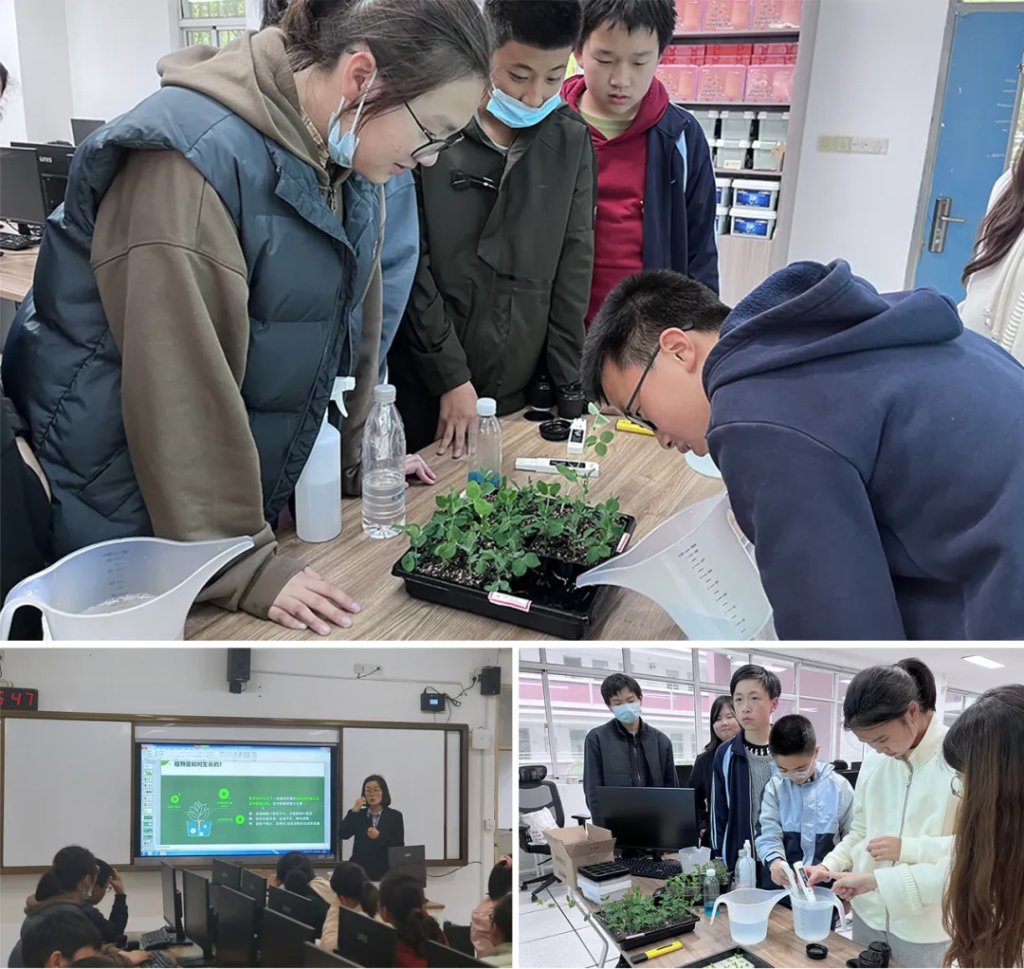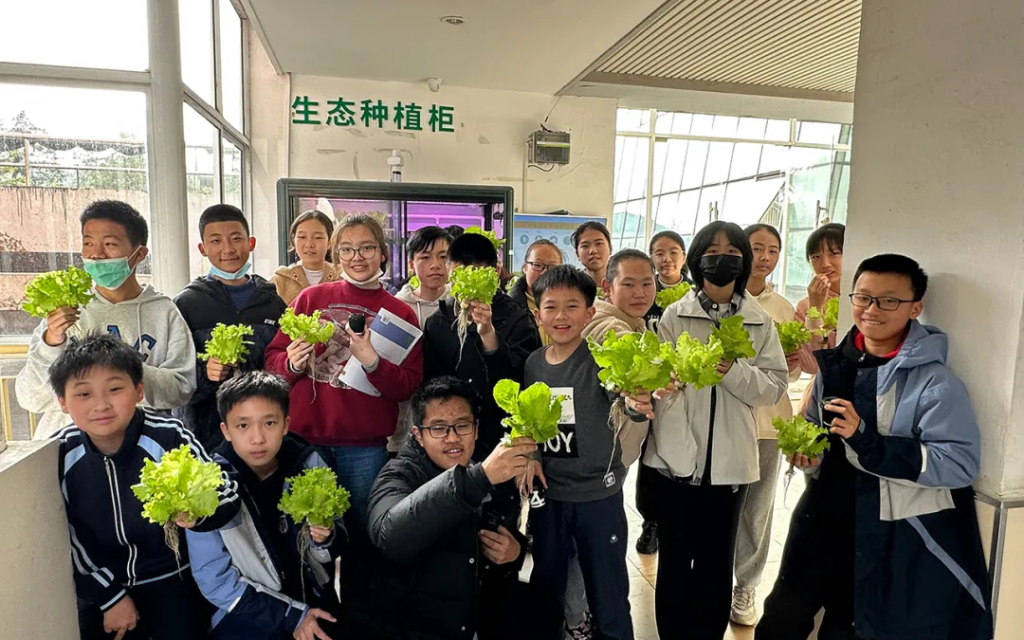Science and labour create new vitality in school learning, hydroponics allows children to immerse themselves in the joys of new technology, and the light and heat of youth are fully revealed in the wonderful school time of ‘Smart Practice’.

Recently, the first year of Suzhou Xinghai Middle School carried out the ‘Smart Hydroponic Farming’ scientific labour practice course, aiming at cultivating students' creative labour ability and scientific spirit. Under the guidance of modern agricultural science and technology, the students participated in building a ‘campus smart farm’ to enrich the diversity of campus life by combining science and technology with labour skills.
Research-Explore Hydroponics
Through the hydroponics programme, students experienced the new technology in school, learnt about the theory of soilless culture and planting techniques, observed the Smart Microfarm in the field and learnt how to use the Smart Microfarm, which stimulated their strong curiosity and creativity.

Study-Soil-less nursery
The students are working in groups on a hydroponic seedling experiment: a sponge is soaked in water so that it absorbs all the water. The seeds are then placed in the holes of the sponge and pressed gently to ensure that they are in contact with the sponge. The sponge is regularly kept moist.

tube-Thriving and green.
Water and fertiliser management is a crucial part of the Smart Hydroponics growing project on campus. Students will learn how to test the pH and conductivity in the hydroponic tanks and adjust the nutrient levels in the nutrient solution to ensure that the plants are getting enough nutrients.

Harvest-Happy and joyful, full of rewards
After a period of careful care, the plants thrived and ushered in the moment of harvest. In the joy of harvest, students tasted the fruits and vegetables they had grown and felt the beauty of green life. This is not only a reward for the students' hard work, but also a recognition of their environmental awareness and teamwork ability.

By participating in smart hydroponic farming activities, students not only gained practical scientific and agricultural knowledge, but also developed environmental awareness, teamwork and a sense of responsibility. The development of these skills and values contributed to building a sustainable future for smart agriculture.
